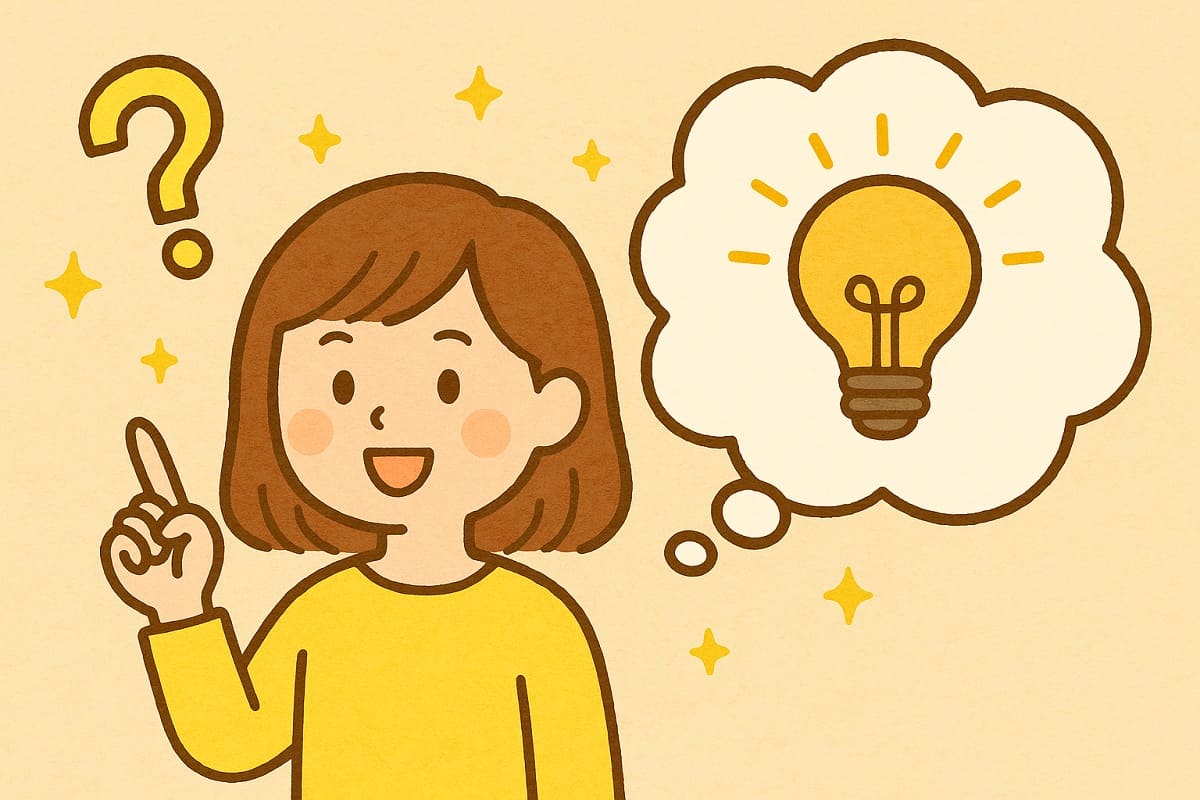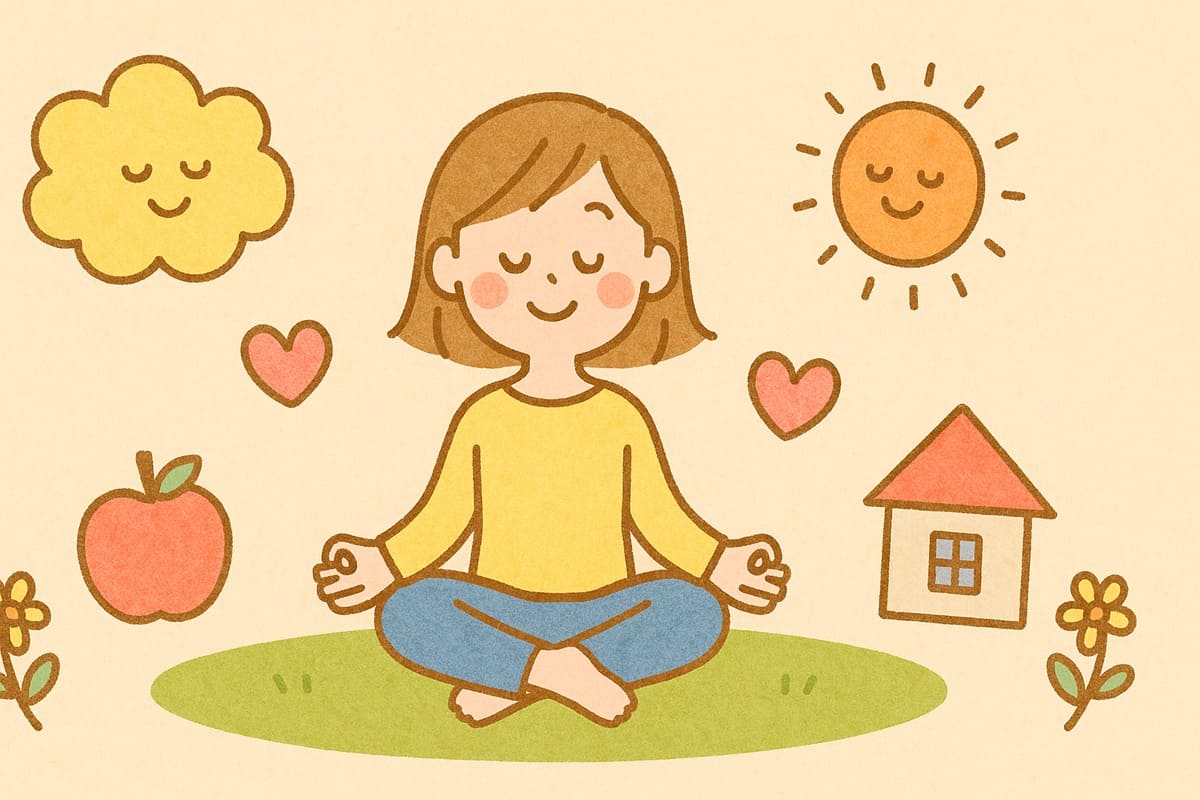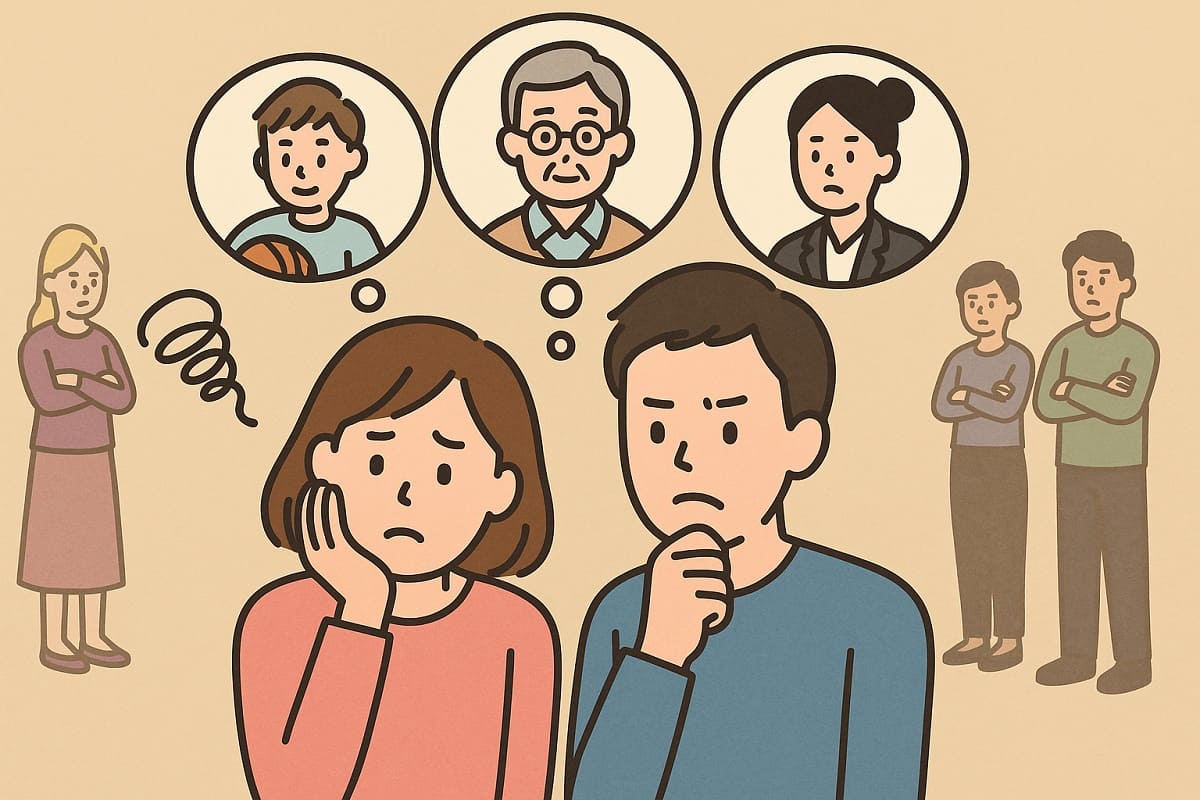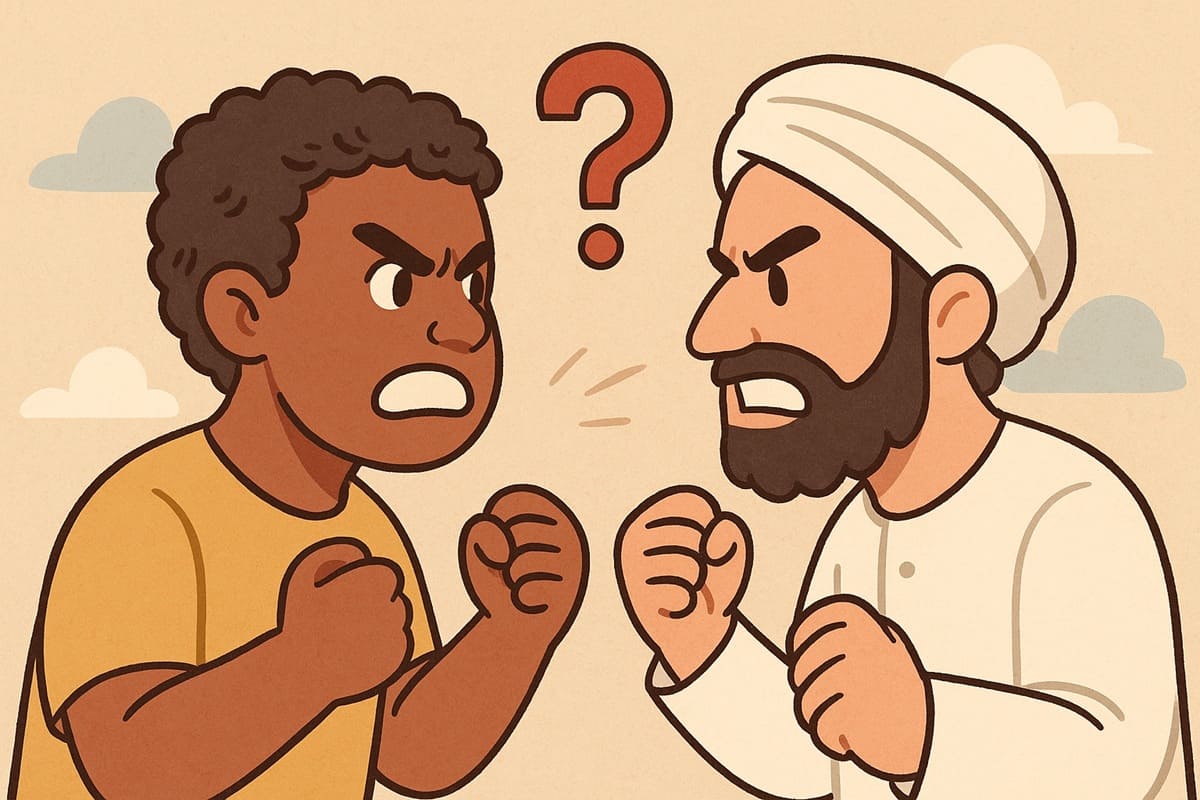What Is “Common Sense”? Let’s Question What We Take for Granted

“Isn’t that just common sense?”
You’ve probably said that—or heard it—before.
But if you think about it, what exactly is “common sense”? Who decided what counts as common sense? And is it always right?
In this post, we’ll explore the simple question, “What is common sense?” and consider why it’s important not to be too tied down by it.
What Does “Common Sense” Mean?
“Common sense” refers to the knowledge and way of thinking that we usually take for granted. For example:
- Stopping at a red traffic light
- Knocking before entering a closed room
- Staying quiet in a library or during a movie
These are things we often do without much thought—because “everyone does them.” Such everyday manners, rules, and ways of thinking are what we call “common sense.”
In other words, common sense can be described as “thoughts and rules widely shared by most people.”
What’s Good About Having Common Sense?
There are many benefits to having common sense in society:
1. Society Runs Smoothly
When everyone acts based on what is considered “normal,” things tend to go more smoothly. For instance, if people follow traffic rules, there will be fewer accidents. If people are quiet in public spaces, it becomes more comfortable for everyone.
2. Communication Becomes Easier
When people share the same “common sense,” they can often understand each other without saying much. A simple bow can mean “hello” or express gratitude, for example.
3. A Sense of Belonging
When someone shares the same common sense, it’s easy to feel like “they think like me.” At school or in your class, you may find it easier to become friends with those who have similar values.
But Common Sense Can Also Be a Problem
While common sense seems helpful, it has its downsides too:
1. Common Sense Can Be Wrong
Long ago, it was “common sense” to believe that the Earth was flat. But now we know that’s false. In this way, common sense can change depending on the time and place.
2. It Can Lead to Discrimination and Prejudice
Phrases like “boys shouldn’t cry” or “girls should be quiet” were once considered common sense. But these ideas restrict people based on their gender. Such “common sense” can become the root of prejudice or discrimination.
3. It Can Stifle New Ideas
If someone says, “That’s ridiculous,” you might hesitate to share a new idea. If we blindly believe, “This is how it’s always been,” we might miss out on better ways of doing things.
A Quote from Albert Einstein
Albert Einstein, the famous physicist who introduced the theory of relativity, once said:
“Common sense is the collection of prejudices acquired by age eighteen.”
In other words, what we call “common sense” may just be a bunch of assumptions we unknowingly picked up from parents, teachers, TV, or school while growing up.
Einstein was able to come up with the groundbreaking theory of relativity precisely because he didn’t let “common sense” restrict his thinking. His words remind us that it’s important to pause and question what we think we know.
How Can We Avoid Being Trapped by Common Sense?
So, how can we think freely without being limited by common sense? Here are a few tips:
1. Question What Seems “Normal”
Get into the habit of asking, “Why is this considered normal?”
For example, you might assume “school starts at 8 a.m.” is a given, but if you think about it, perhaps late risers could focus better with a later start time.
2. Listen to Different Perspectives
Talking with people from different cultures or backgrounds can help you realize that what you thought was common sense is just a local rule. You might be surprised by completely different ways of thinking when speaking to someone from another country.
3. Think and Decide for Yourself
Instead of thinking, “Everyone says so” or “That’s how it’s always been,” ask yourself, “What do I think?”
Even if you’re in the minority, it’s important to have and express your own opinion.
Conclusion: Treasure Free Thinking
“Common sense” is very useful and necessary for living in society.
But if you cling too tightly to it, you may end up limiting your own thoughts.
Sometimes, even if someone says, “That’s just common sense,” it’s worth asking, “Is it really?”
And even if your ideas differ from everyone else’s, don’t forget—they may be incredibly valuable.
By rethinking your own “normal,” you might open the door to a more exciting and freer world.






